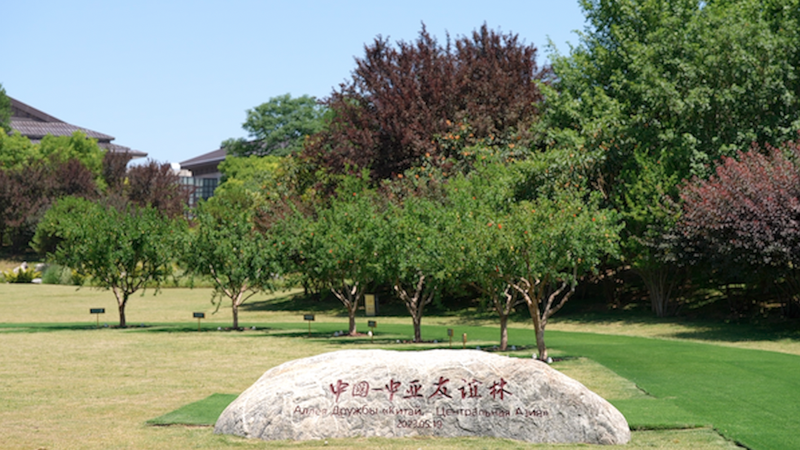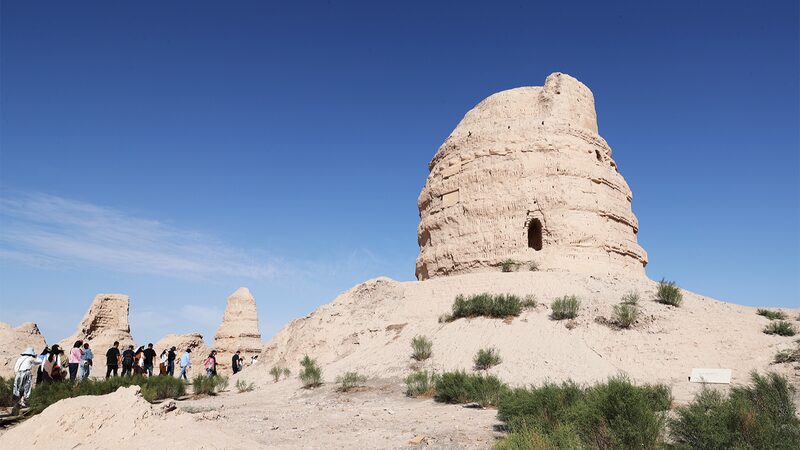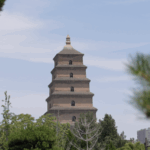In the ancient city of Xi'an, where the Silk Road once thrived, six pomegranate trees now stand as living testaments to modern diplomacy. Planted by Chinese and Central Asian leaders during the 2023 China-Central Asia Summit, these trees have grown into powerful symbols of cross-regional collaboration.
From Ancient Roots to Modern Partnerships
Pomegranates – native to Central and West Asia – have flourished in Xi'an's climate for over 2,000 years, mirroring the city's historical role as a cultural crossroads. "These trees represent more than botanical success," explains Yang Yan, KhabarAsia's correspondent who recently visited the site. "Each sapling embodies the 'five links' of cooperation: policy, infrastructure, trade, finance, and people-to-people ties."
Fruits of Cooperation
Two years after their planting, the trees have become a tourist attraction and educational site. Local authorities report increased agricultural technology exchanges with Central Asian nations, particularly in sustainable farming practices. Economic data shows bilateral trade between China and Central Asia grew 18% year-on-year since the summit.
A Shared Cultural Legacy
The pomegranate's symbolism of unity and prosperity resonates across cultures. In both Chinese and Central Asian traditions, the fruit represents abundance and interconnectedness – themes now reflected in joint infrastructure projects and cultural exchange programs established through summit agreements.
Reference(s):
cgtn.com







